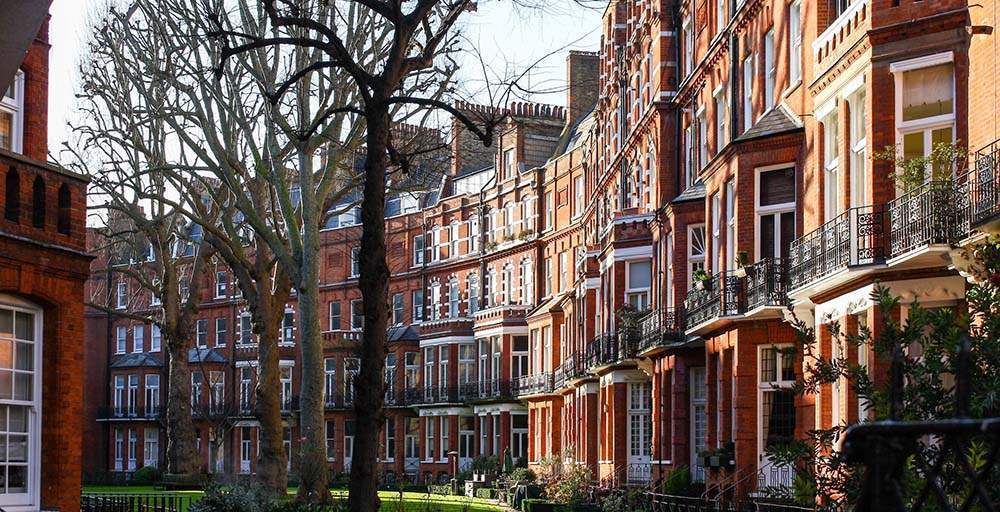
Londoners trying to buy a property will save £168 million in tax if the Chancellor decides to extend the looming stamp duty holiday deadline. This equates to an average of £10,514 per household. New research by Rightmove, exclusive to Homes & Property, reveals that between 12,000 and 16,000 buyers could benefit if Rishi Sunak keeps the window open for just another six weeks.
The Chancellor is rumoured to be considering an extension to the tax break – a measure he announced in his emergency Covid-19 July budget last summer to boost demand in the midst of an economic crisis. On the flipside, if Sunak refuses to buckle under mounting pressure from the property industry then these householders – who are desperately trying to exchange and complete on their purchases by March 31 – will lose the stamp duty saving.
On homes worth less than £500,000 stamp duty during this July-to-March window has been completely scrapped. Above the £500,000 threshold it equates to a three per cent reduction.
On average in London buyers will save £10,514 on their move if they beat the deadline or he extends it.
What happens if Rishi Sunak doesn’t extend the stamp duty holiday?
Sellers could be left in the lurch this spring as prospective buyers who have failed to exchange and complete by the end of the stamp duty holiday walk away.
A perfect storm is brewing in the London housing market. Activity is expected to slow when the tax break ends on March 31 just as unemployment is forecast to peak following the end of the furlough scheme in April. In addition, agents warn, some buyers who miss the deadline will pull out.
“Families looking for more space to work-from-home and bigger (or any) garden for their children drove the surge of demand to move house in 2020 and into this year. The stamp duty saving covered the cost of moving for many of these households – who might also be on furlough.
“This incentive will be lost at the end of March, unless the Chancellor decides to extend the scheme, and I expect deals to collapse as a result,” says Becky Fatemi, founder of Rokstone Properties in Marylebone.
Tim Bannister, director at Rightmove agrees: “We know the stamp duty holiday was intended as a temporary stimulus for the market, but the delays we’ve seen in the home-moving process have been through no fault of the buyers and sellers who agreed a sale last year and are now trying to get their deals over the line.
“If there was a six week extension it should give the majority of the sales from last year the chance to complete.”
The tax break has created a log-jam for lenders, solicitors and agents as they try to process offers before March 31. “We should not underestimate the psychological pressure this deadline has put upon buyers and sellers at a time of great stress,” Fatemi adds.
The tax break ‘means more in London’
The tax holiday has been pivotal to propping up the expensive London housing market during the pandemic, explains Lawrence Bowles, analyst at Savills.
“The pressure to complete before the holiday ends is likely to be greatest where average values are around this level, such as in London,” he says.
“The impact of the stamp duty holiday has been more limited in lower value areas such as the North East of England where the stamp liability was low or nil to begin with, or in central London where the saving is small compared to the overall stamp duty bill.”
He argues that given the delays caused by the current lockdown there is “almost a stronger case for extending the deadline than introducing the tax break in the first place.”

